যদিও অর্থনীতিবিদ, বিনিয়োগকারী এবং নির্বাহীরা শুষ্ক হওয়ার জন্য খারাপ রেপ পান, কেউ কেউ সংখ্যার মতো শব্দের ক্ষেত্রেও ঠিক ততটাই দক্ষ।
ওয়ারেন বাফেট এবং জেফ বেজোসের মতো বর্তমান সময়ের আইকন থেকে শুরু করে অতীতের মহান মনীষী, এই আর্থিক আলোকিত ব্যক্তিদের প্রত্যেকেই জানেন কিভাবে একটি শব্দগুচ্ছ ঘুরাতে হয়।
এবং যখন এই কৌতুকগুলি পড়তে মজাদার, প্রত্যেকটিই অভিজ্ঞ বিনিয়োগকারীদের জন্য এবং সবেমাত্র শুরু করা লোকদের জন্য একটি গুরুত্বপূর্ণ পাঠ রয়েছে৷
সর্বকালের সেরা 10টি বিনিয়োগের উদ্ধৃতিগুলির জন্য আমাদের বাছাই করা হল৷
৷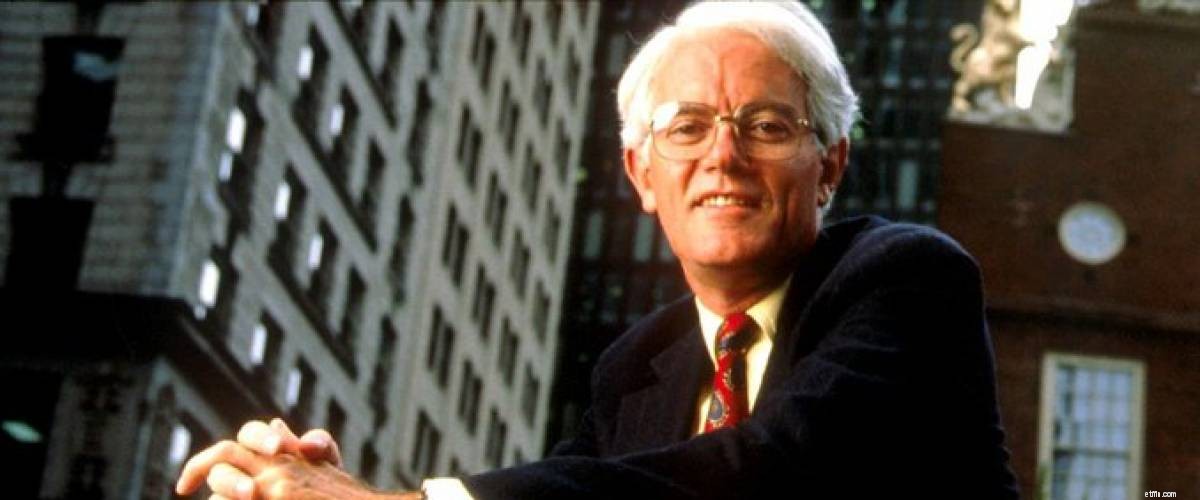
“আমি সবসময় সম্পূর্ণ বিনিয়োগ করি। আপনার প্যান্টের সাথে ধরা পড়া একটি দুর্দান্ত অনুভূতি।"
আমেরিকান বিনিয়োগকারী পিটার লিঞ্চ 1977 থেকে 1990 সাল পর্যন্ত পরিচালনা করার সময় ফিডেলিটির ম্যাগেলান ফান্ডকে বিশ্বের সেরা পারফরম্যান্স মিউচুয়াল ফান্ডে পরিণত করেছিলেন৷
তাই এটা বলা নিরাপদ যে লিঞ্চ জানতেন যে তিনি যখন ওয়ান আপ অন ওয়াল স্ট্রিট বইটি লিখেছিলেন তখন তিনি কী বিষয়ে কথা বলছিলেন। 1989 সালে।
এই অনুচ্ছেদে, লিঞ্চ ব্যাখ্যা করেছেন যে কীভাবে 1982 সালের গ্রীষ্ম স্টক মার্কেটে একটি ধ্বংসাত্মক সময় ছিল। সবেমাত্র একটি নতুন বাড়ি কেনার পর, তিনি কীভাবে তার উচ্চ বন্ধকী পেমেন্ট পরিচালনা করতে পারবেন তা নিয়ে চিন্তিত ছিলেন৷
কিন্তু কার্যত রাতারাতি তার ভাগ্য ঘুরে যায়। বাজার একটি বন্য হারে বেড়েছে, বিনিয়োগকারীদের সতর্ক করে তুলেছে কারণ তারা যে স্টকগুলিকে তারা মৃতের জন্য ফেলে রেখেছিল সেগুলি আবার কিনতে ব্যর্থ হয়েছিল। লিঞ্চ ছাড়া সবাই।
লিঞ্চ এখনও সম্পূর্ণভাবে বিনিয়োগ করা হয়েছিল - যেমন তিনি সবসময় আছেন। কারণ সে দিগন্তের দিকে চোখ রাখে। তিনি প্রতিদিনের উত্থান-পতন — এমনকি ব্যতিক্রমী উত্থান-পতনেও বিভ্রান্ত হন না।
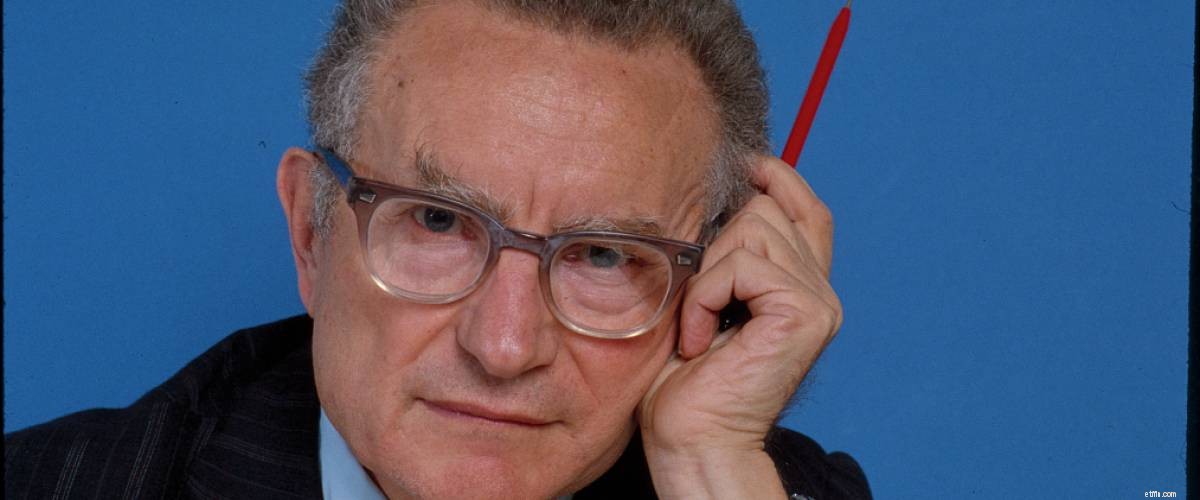
“আমি বরং জুয়া খেলার প্রবণতা আছে এমন কাউকে লাস ভেগাসে যেতে এবং শুয়োরের মাংস, সিলভার মার্কেট বা নতুন ইস্যু মার্কেটে বাজি ধরার চেয়ে $200 ড্রপ দেখতে চাই। আপনি হারানোর সামর্থ্য ছাড়া অর্থ ছাড়া অনুমান করা উচিত নয়৷"৷
স্যামুয়েলসন প্রথম আমেরিকান যিনি 1970 সালে অর্থনীতিতে নোবেল পুরস্কার জিতেছিলেন। এটি নিউ ইয়র্ক টাইমস-এর সাথে একটি সাক্ষাত্কারে ছিল 1971 সালে যে তিনি এই বিচক্ষণ জ্ঞানের প্রস্তাব দিয়েছিলেন।
একাডেমিক দুঃখ প্রকাশ করছিলেন যে অজ্ঞাত বিনিয়োগকারীরা প্রায়শই স্ব-প্রণোদিত অর্থ পরিচালকদের কাছ থেকে পরামর্শ নেওয়ার ফাঁদে পড়েন, তারা দেখেন যে সময়ের সাথে সাথে তাদের প্রাথমিক বিনিয়োগগুলি "সমাধান" জড়িত৷
যাইহোক, তিনি যোগ করেছেন, "যদি না আপনি কি করছেন সে সম্পর্কে আপনি কিছু জানতে যাচ্ছেন," আপনি কার্যকরভাবে জুয়া খেলছেন। সেক্ষেত্রে, আপনার ঝুঁকির সাথে মেলে এমন বিনিয়োগ খুঁজে পেতে এবং মুদ্রাস্ফীতিকে এগিয়ে রাখার জন্য পরিপাটিভাবে পর্যাপ্ত আয় প্রদান করতে আপনাকে সাহায্য করার জন্য পেশাদার পরামর্শের উপর নির্ভর করা ভাল।
সৌভাগ্যক্রমে, পেশাদার দিকনির্দেশনা পাওয়া স্যামুয়েলসনের দিনের তুলনায় সহজ এবং আরও সাশ্রয়ী।
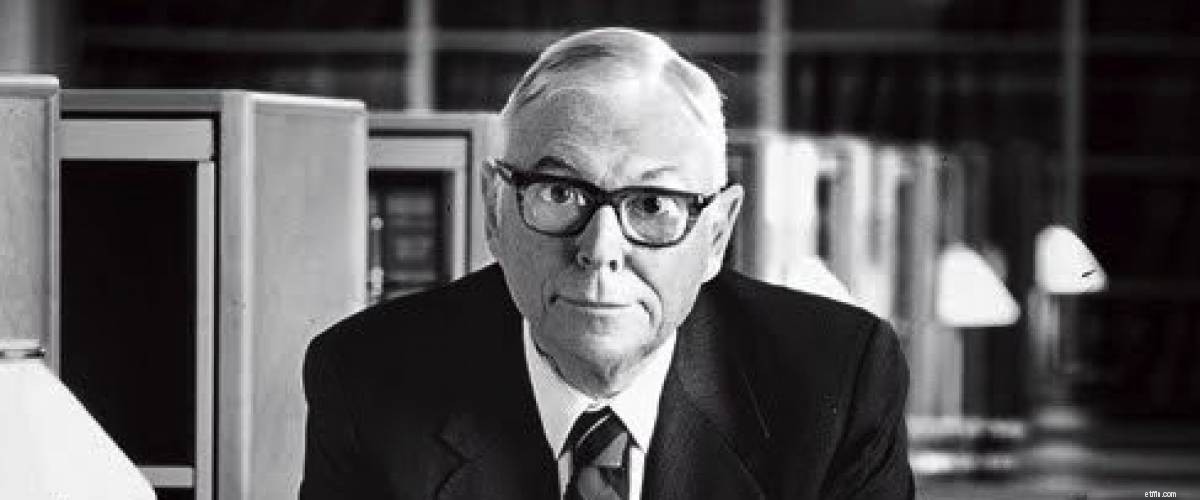
“এটি অপেক্ষা করছে যা আপনাকে একজন বিনিয়োগকারী হিসেবে সাহায্য করে এবং অনেক মানুষ অপেক্ষা করতে পারে না। আপনি যদি ডিফার্ড-গ্র্যাটিফিকেশন জিন না পেয়ে থাকেন, তাহলে তা কাটিয়ে উঠতে আপনাকে অনেক কঠোর পরিশ্রম করতে হবে।"
মুঙ্গের বার্কশায়ার হ্যাথাওয়েতে ওয়ারেন বাফেটের ডান হাতের মানুষ। 60 বছর একসঙ্গে ঘনিষ্ঠভাবে কাজ করার পরে, তারা একটি ঘনিষ্ঠ বন্ধুত্ব, একই রকম বিনিয়োগের কৌশল এবং শুষ্ক পর্যবেক্ষণের জন্য একটি ঝোঁক ভাগ করে নেয়।
একটি অপরিহার্য কারণ যা তাদের উভয়কে বিলিয়নেয়ার করেছে তা হল তাদের ধৈর্যের আপাতদৃষ্টিতে সীমাহীন স্টোর। The Wall Street Journal-এর সাথে তার করা একটি সাক্ষাৎকার থেকে মুঙ্গেরের উদ্ধৃতি এসেছে 2014 সালে।
বাফেটের মতো, মুঙ্গেরের লক্ষ্য সর্বদা প্রচুর অর্থ উপার্জন করা হয়েছে — তবে কতক্ষণ লাগবে তা নিয়ে তিনি কখনই চিন্তিত নন। অনেক স্মার্ট বিনিয়োগকারীদের মতো, তিনি ফ্যাড পাস করার চেয়ে দীর্ঘমেয়াদী প্রবৃদ্ধিকে বেশি বিশ্বাস করেন এবং যখন তার বিনিয়োগ অবিলম্বে বন্ধ না হয় তখন আতঙ্কিত হন না।
যদিও অন্য লোকেদের জুয়া খেলার ফলাফল পাওয়া গেলে নগদ অর্থ সংগ্রহ করা দেখতে কঠিন হতে পারে, কিন্তু একজন লোক যার $2 বিলিয়ন সম্পদ আছে তাকে বলা কঠিন যে তার কৌশল কাজ করে না।
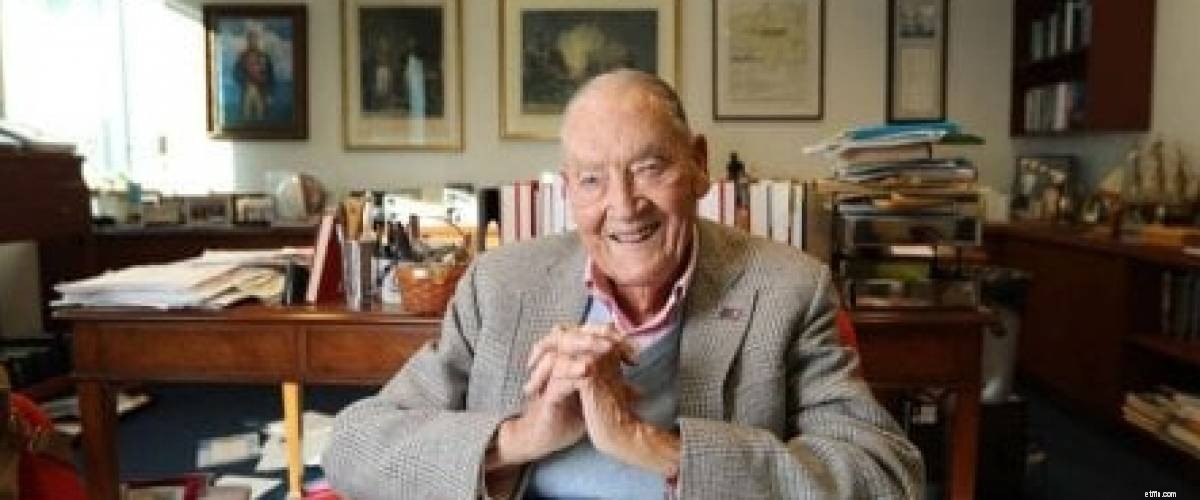
"সুই খুঁজবেন না, খড়ের গাদা কিনুন।"
জন সি. বোগল, ভ্যানগার্ড গ্রুপের প্রতিষ্ঠাতা, বিনিয়োগের উপর বইটি লিখেছিলেন — বা অন্তত আরও জনপ্রিয় বইগুলির মধ্যে একটি৷ তার উপরোক্ত খবরটি তার 2007 সালের কাজ থেকে এসেছে, The Little Book of Common Sense Investing .
যদিও মনে হতে পারে যে তিনি আপনাকে নির্বিচারে সবকিছুতে বিনিয়োগ করতে বলছেন, তিনি আসলেই সূচক তহবিলের শক্তির কথা বলছেন — বোগলকে প্রায়শই উদ্ভাবনের কৃতিত্ব দেওয়া হয়।
মোটামুটি একটি অনাবিষ্কৃত হীরার সন্ধানে আপনার সময় ব্যয় করার পরিবর্তে, একটি একক সূচক তহবিল আপনাকে বিস্তৃত ব্যবসায় কেনার অনুমতি দেবে৷
এই পদ্ধতিটি শুধুমাত্র কম ঝুঁকিপূর্ণ নয়, এটি আরও লাভজনক হতে থাকে। সূচক তহবিলের ন্যূনতম ফি থাকে এবং প্রায়শই পেশাদার স্টক-পিকারদের দ্বারা পরিচালিত অভিনব পোর্টফোলিওগুলির চেয়ে ভাল কার্য সম্পাদন করে৷
আপনি যেকোন উপায়ে ইনডেক্স ফান্ডে প্রবেশ করতে পারেন — আপনার 401(k), কর্মস্থলে, একটি মিউচুয়াল ফান্ড কোম্পানি, একটি ডিসকাউন্ট ব্রোকারের মাধ্যমে — তবে দ্রুত এবং সহজ রুট হল আজকের জনপ্রিয় বিনিয়োগ অ্যাপগুলির মধ্যে একটি ব্যবহার করা৷
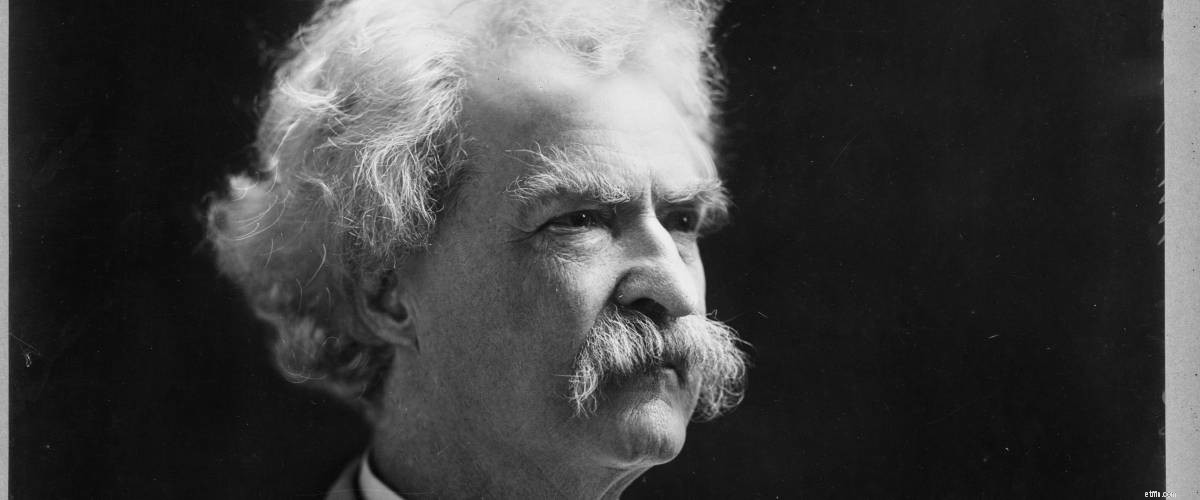
“অক্টোবর:এটি স্টকে অনুমান করার জন্য অদ্ভুতভাবে বিপজ্জনক মাসগুলির মধ্যে একটি। অন্যগুলো হল জুলাই, জানুয়ারি, সেপ্টেম্বর, এপ্রিল, নভেম্বর, মে, মার্চ, জুন, ডিসেম্বর, আগস্ট এবং ফেব্রুয়ারি।
মনে রাখবেন, আপনি ব্যর্থতা থেকে ঠিক ততটাই শিখতে পারেন যতটা আপনি সফলতা থেকে শিখতে পারেন। কিংবদন্তি আমেরিকান লেখক তার লেখালেখি, বক্তৃতা এবং বিবাহের মাধ্যমে একটি ভাগ্য তৈরি করেছিলেন কিন্তু পরবর্তীকালে দুর্বল বিনিয়োগ এবং দ্রুত ধনী হওয়ার পরিকল্পনার মাধ্যমে নিজেকে দেউলিয়া করে ফেলেন৷
বছর পরে 1894 সালে প্রকাশিত হয়, টোয়েনের দ্য ট্র্যাজেডি অফ পুডন'হেড উইলসন একটি অধ্যায়ের শুরুতে এই ব্যঙ্গাত্মক পর্যবেক্ষণ অন্তর্ভুক্ত।
থ্রোওয়ে লাইন হিসাবে শুরু হওয়া কিছুর জন্য, "মার্ক টোয়েন ইফেক্ট" তার নিজের জীবন নিয়েছে। এই উদ্ধৃতিটি প্রায়ই উল্লেখ করা হয় যখন স্টক মার্কেট অক্টোবর মাসে ধীরগতির রিটার্ন রিপোর্ট করে।
পেছনে ফিরে তাকালে, 1929 সালের ওয়াল স্ট্রিট ক্র্যাশ, 1987 সালের ব্ল্যাক সোমবার এবং 2008 সালের আর্থিক সংকট প্রতিটি অক্টোবরে বা সেপ্টেম্বরের একেবারে শেষে শুরু হয়েছিল৷
টেকওয়ে হল যে বিনিয়োগকারীদের সবসময় অক্টোবরে - অথবা জুলাই, জানুয়ারি, সেপ্টেম্বর, এপ্রিল, নভেম্বর, মে, মার্চ, জুন, ডিসেম্বর, আগস্ট বা ফেব্রুয়ারিতে সবকিছুর জন্য প্রস্তুত থাকতে হবে।
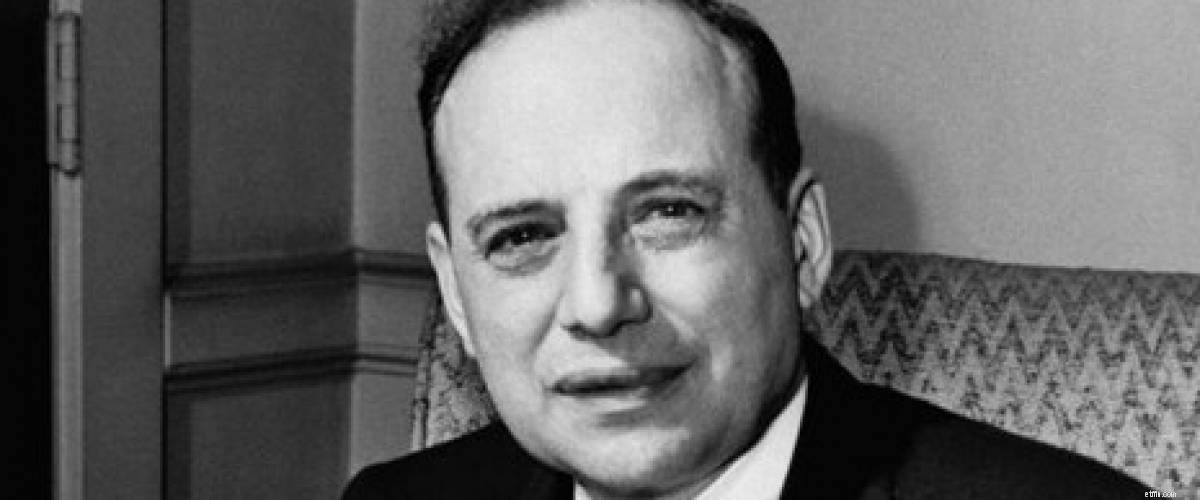
“The individual investor should act consistently as an investor and not as a speculator.”
Shortly before his death in 1976, the “father of value investing” gave an interview with the Financial Analyst Journal , sharing the insights of a 60-plus-year career.
Of the three rules he offered that individual investors should follow, the above quote was No. 1.
Graham explained that every decision an investor makes must be attributable to “impersonal, objective reasoning” that shows they’re getting more than their money’s worth for the purchase. Speculators, on the other hand, often trust their gut.
Even if you have impeccable instincts or great luck, Graham would argue that’s not a solid foundation on which to build a portfolio. Eventually it will fail, and your house may come crashing down around you.
If you’re looking to build on solid ground, there are lots of stable assets that still offer strong growth potential. You might consider investing in farmland, a profitable asset that has, until now, been difficult to buy into.

“Given a 10% chance of a 100 times payoff, you should take that bet every time. But you’re still going to be wrong nine times out of 10. We all know that if you swing for the fences, you’re going to strike out a lot, but you’re also going to hit some home runs.”
Bezos, the billionaire founder of Amazon, has been jockeying for the title of richest man in the world for the past year. Even if he’s lost the top spot, with a net worth of $193 billion, he’s surely got some valuable insights on building your fortune.
The biggest lesson he can pass on — other than taking a great idea, having excellent timing and building it up in your garage — is to accept risk. One of the first steps he took in founding today’s e-commerce juggernaut was to quit his job.
Amazon, which originally focused on books, could have flopped. But as he wrote in his 2015 letter to shareholders, betting on something you see value in can pay off. And while striking out is always a possibility, every failure is also an opportunity to learn, experiment and refine your strategy.
If you decide to take a risk on an individual stock, make sure it's a measured one. Some apps offer "fractional trading," which allows you to invest in even the most expensive stocks with as little as $1.
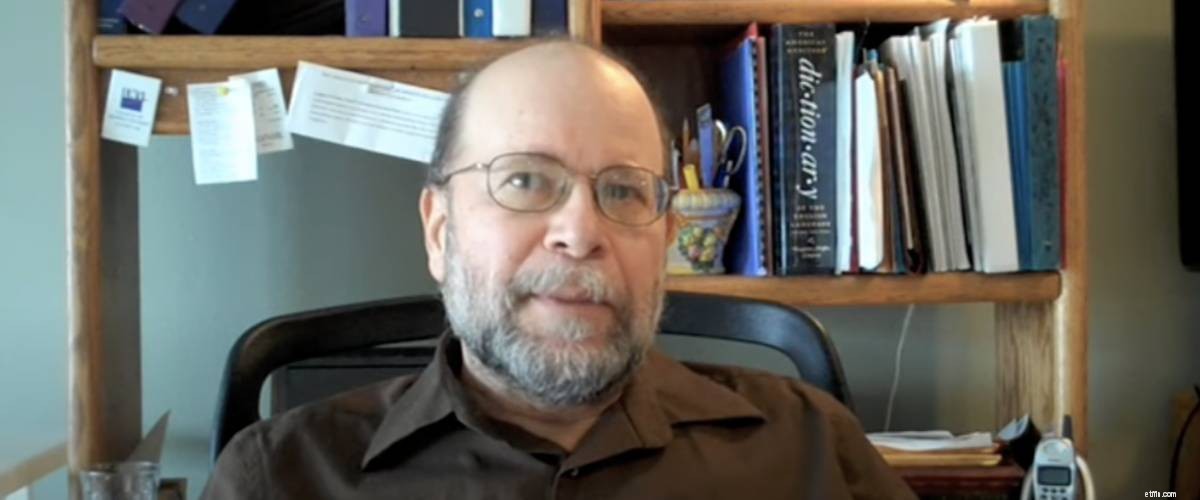
“There are two kinds of investors, be they large or small:those who don’t know where the market is headed, and those who don’t know what they don’t know. Then again, there is actually a third type of investor — the investment professional, who indeed knows that he or she doesn’t know, but whose livelihood depends on appearing to know.”
As a neurologist and cofounder of Efficient Frontier Advisors, an investment management firm, Bernstein’s mixed background no doubt offers him a unique insight.
But he’s far from the only expert to warn investors to stay away from anyone overly confident about the future of the market.
What you can take from this quote — published in his 2001 book, The Intelligent Asset Allocator — is that it’s important to acknowledge what you don’t know.
Investing is like riding a bull:The second you get comfortable with a certain rhythm, you’ll get tossed off. But if you know you could be headed for a fall any minute, you’ll be on your guard and better able to react.
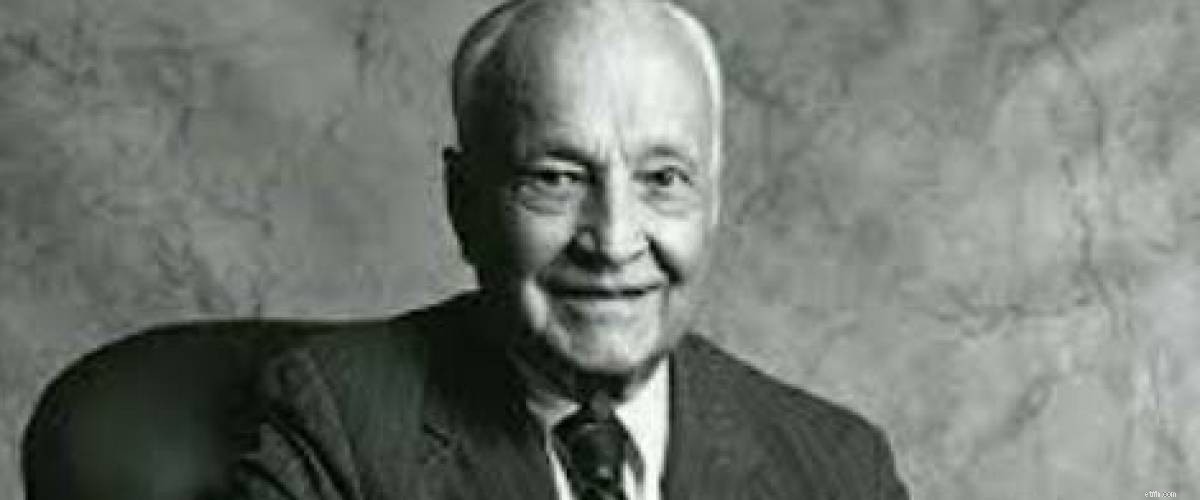
“The investor who says, ‘This time is different,’ when in fact it’s virtually a repeat of an earlier situation, has uttered among the four most costly words in the annals of investing.”
This quote, published in Templeton’s 1993 article 16 Rules For Investment Success, emphasizes the importance of learning from your mistakes.
That’s not to say Templeton — who became a billionaire investing in emerging markets worldwide — thought it possible to avoid mistakes entirely. In his mind, the only way to escape missteps is not to invest at all, which would be an even larger mistake.
Instead, he recommended keeping a cool head when you do make a wrong move. Instead of taking larger risks to dig yourself out of the hole, evaluate the situation, figure out what you did wrong and make sure you avoid that same trap in the future.
As the saying goes, the definition of insanity is doing the same thing over and over and expecting a different result. When you’re investing, remember what history has taught you and be open to trying different approaches.
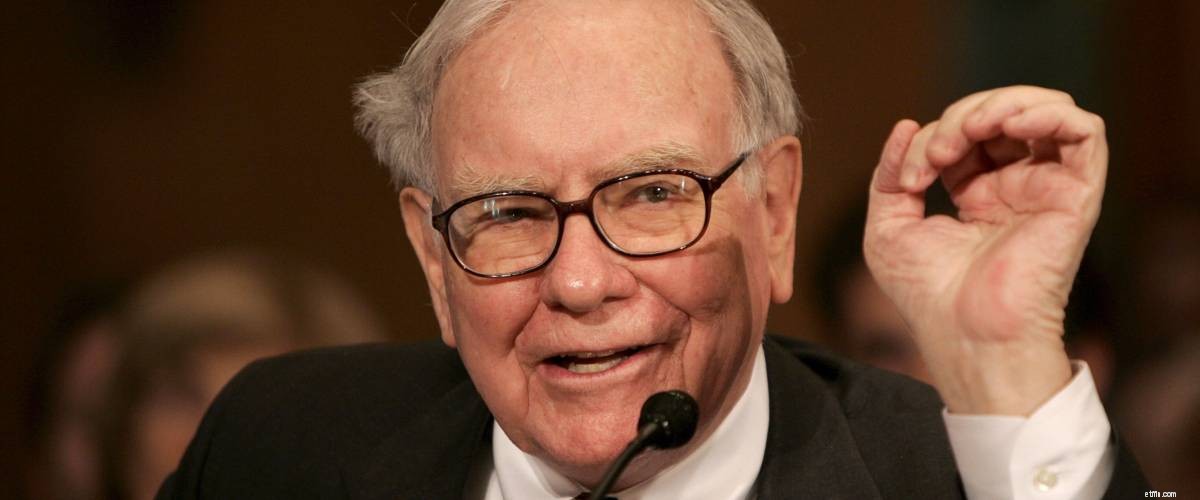
“Calling someone who trades actively in the market an investor is like calling someone who repeatedly engages in one-night stands a romantic.”
Warren Buffett is perhaps the king of cheeky and insightful investing quotes. This particular nugget is pulled from his book, The Essays of Warren Buffett:Lessons for Corporate America .
While he’s known for making smart picks as the “Oracle of Omaha,” Buffett is proudly outspoken about his long-term value-based strategy for investing, which has helped him amass his $100 billion fortune.
Buffett often jokes that his favorite holding period is “forever.” For example, he first bought shares of Coca-Cola back in 1988 and has never sold a single one.
To invest like Buffett, take a slow-and-steady approach, building and holding a diversified portfolio of companies with strong business models. One way to do that is to use an app that automatically invests your "spare change".
গুরুকুলা কাংরি ওয়াজিরএক্সের সহযোগিতায় বিনামূল্যে দ্বিভাষিক ব্লকচেইন কোর্স চালু করেছে
ইন্টারেক্টিভ সোমবার:কত তাড়াতাড়ি আমি অবসর নিতে পারি?
সফল হতে, ছোট-ব্যবসার মালিকদের তাদের নিজস্ব অর্থকে প্রথমে রাখতে হবে
P/B অনুপাত:মূল্য-থেকে-বই অনুপাত অর্থ
স্টেসিকে জিজ্ঞাসা করুন:আমি কি দাতব্য কাজের জন্য কর ছাড় নিতে পারি?